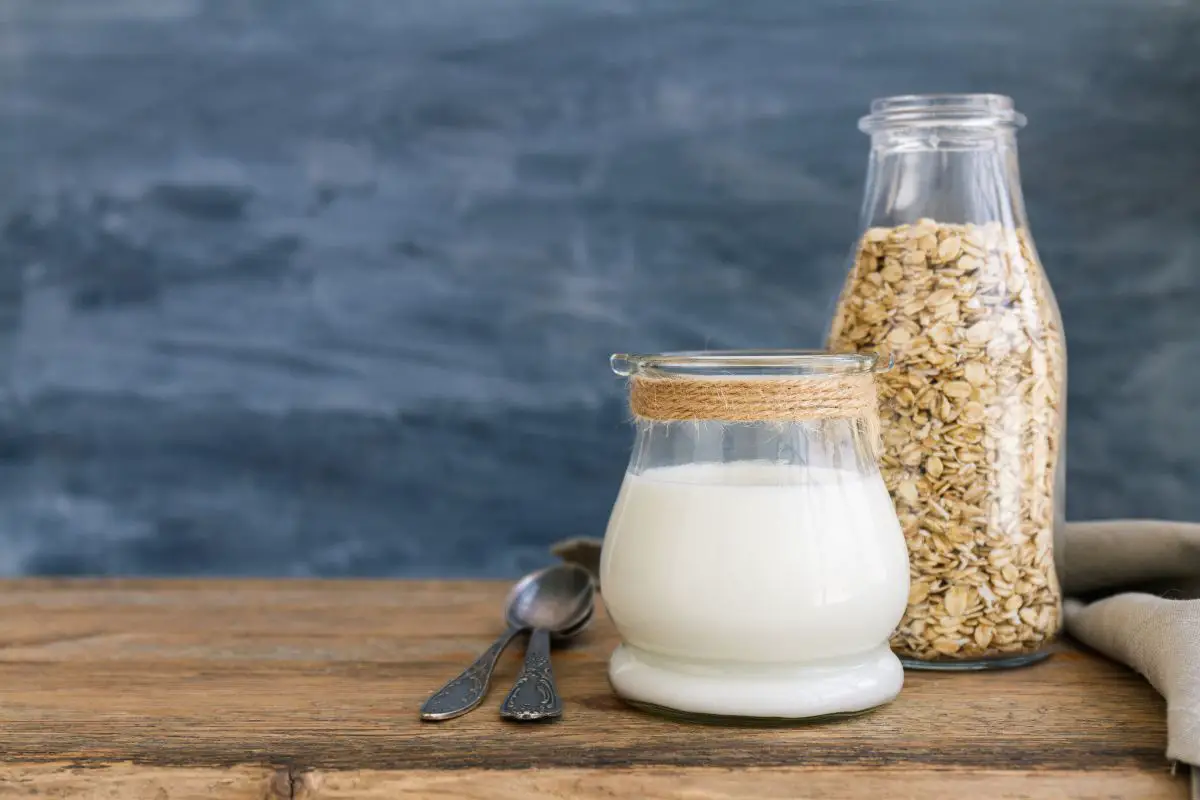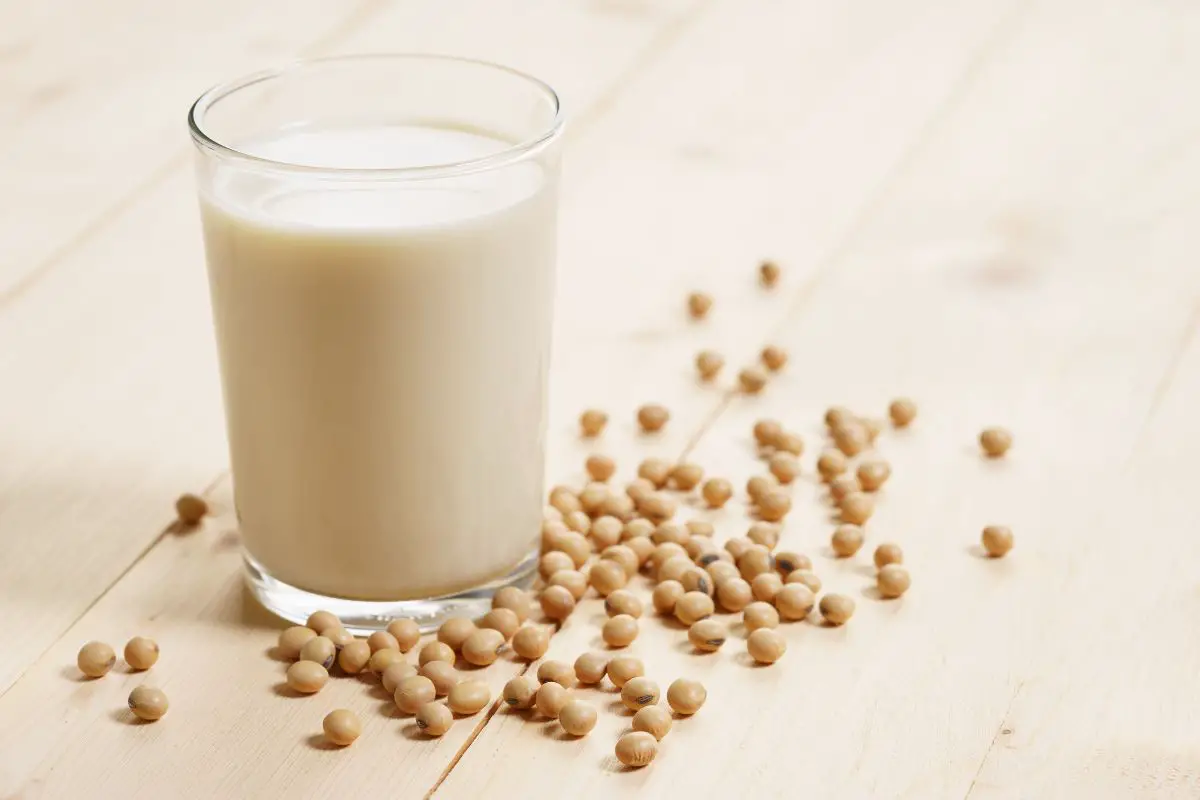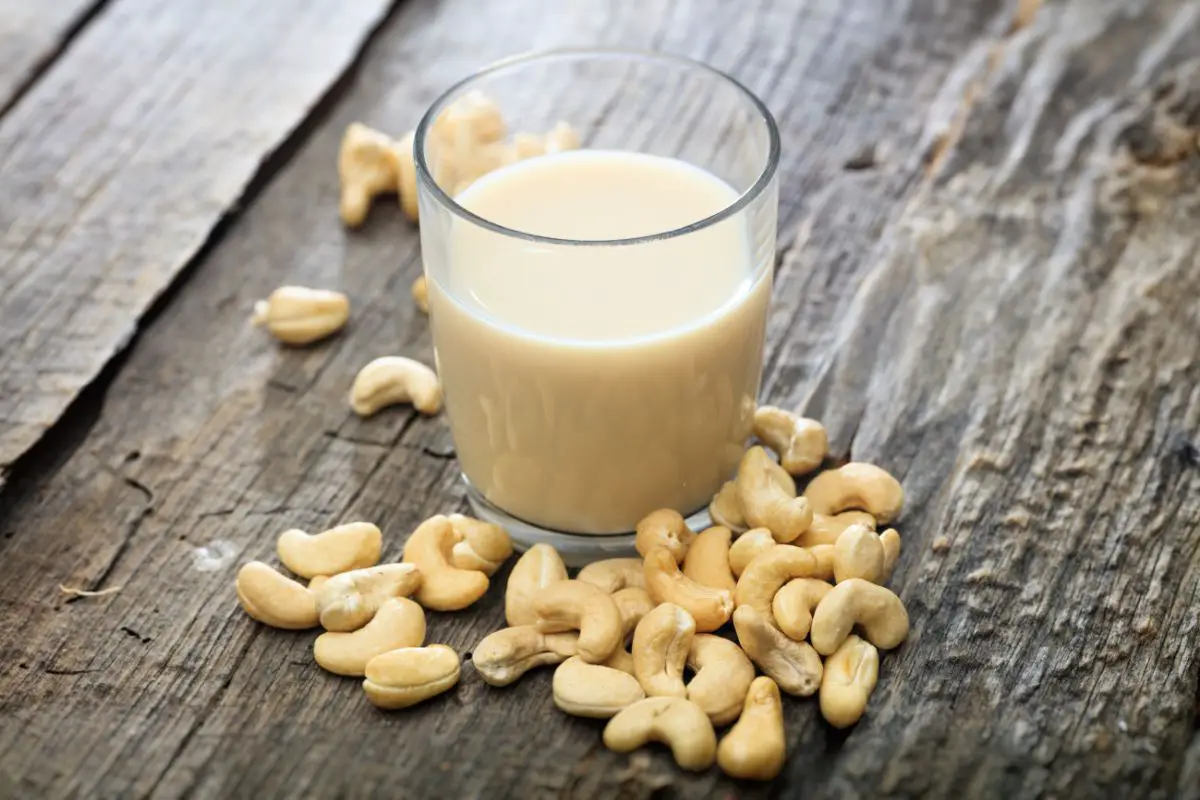Coffee is a beloved beverage consumed by millions worldwide, offering a stimulating and comforting start to the day. However, for those who are lactose intolerant, have dairy allergies, or follow a vegan lifestyle, the addition of milk can pose a challenge.

Fortunately, there are a variety of non-dairy milk alternatives that can be used as a substitute in coffee. Almond milk, coconut milk, oat milk, soy milk, cashew milk, and hemp milk are all viable options that provide a creamy and satisfying texture. Each alternative offers its own unique flavor profile and nutritional benefits.
By exploring these substitutes, individuals can enjoy their morning cup of coffee without compromising their dietary needs or preferences. This article aims to provide a comprehensive overview of the different milk alternatives available, highlighting their taste, texture, and compatibility with coffee, allowing readers to make informed choices that prioritize both safety and enjoyment.
Key Takeaways
- Non-dairy milk alternatives can be used as a substitute in coffee for those who are lactose intolerant, have dairy allergies, or follow a vegan lifestyle.
- Almond milk, coconut milk, oat milk, soy milk, cashew milk, and hemp milk are all viable options for substituting milk in coffee.
- Almond milk adds richness to coffee without overpowering the natural flavors and is a safe alternative for individuals with lactose intolerance or milk allergies.
- Coconut milk is a creamy white liquid extracted from mature coconuts, rich in vitamins, minerals, and healthy fats. It is higher in calories and fat compared to cow’s milk but contains no cholesterol and is lactose-free.
Almond Milk
Almond milk, a popular non-dairy alternative, has gained traction as a substitute for milk in coffee due to its creamy texture and subtle nutty flavor. Made by blending almonds with water and straining the mixture, almond milk offers a smooth consistency that closely resembles cow’s milk. It is also packed with essential nutrients such as vitamin E, calcium, and healthy fats, making it a nutritious choice for those seeking a dairy-free option.
When used in coffee, almond milk adds a pleasant richness without overpowering the natural flavors of the beverage. Its slight nutty taste complements the bitterness of coffee, resulting in a well-balanced and enjoyable drink. Moreover, almond milk’s creamy texture helps create a velvety mouthfeel, enhancing the overall coffee experience.
For individuals with lactose intolerance or milk allergies, almond milk provides a safe alternative that does not cause digestive discomfort or allergic reactions. It is also lower in calories and fat compared to regular milk, making it a suitable choice for those watching their weight or looking to reduce their intake of saturated fats.
Transitioning to the next section, coconut milk, another popular milk substitute, offers a distinct flavor profile that can be an interesting addition to coffee.
Coconut Milk

Coconut milk, a popular alternative option for dairy products, is a creamy white liquid extracted from the flesh of mature coconuts. It has gained significant popularity in recent years due to its unique taste and numerous health benefits. Rich in vitamins, minerals, and healthy fats, coconut milk can be a nutritious addition to a balanced diet.
To provide a comprehensive overview of the nutritional profile of coconut milk, the following table presents a comparison between coconut milk and regular cow’s milk:
| Nutrient | Coconut Milk (100g) | Cow’s Milk (100g) |
|---|---|---|
| Calories | 230 | 60 |
| Fat (g) | 24 | 3.2 |
| Protein (g) | 2.3 | 3.2 |
| Carbohydrates (g) | 6 | 4.8 |
| Calcium (mg) | 16 | 120 |
| Vitamin D (IU) | 0 | 40 |
It is important to note that while coconut milk is higher in calories and fat compared to cow’s milk, it contains no cholesterol and is lactose-free, making it suitable for individuals with lactose intolerance or dairy allergies. However, due to its high fat content, moderation is key when incorporating coconut milk into one’s diet.
Transitioning into the subsequent section about oat milk, it is worth exploring another popular milk substitute that caters to various dietary needs.
Oat Milk

Oat milk is a popular plant-based option that offers a versatile and creamy alternative for those seeking a dairy-free option. It has a smooth texture and mild taste, making it suitable for individuals with lactose intolerance or those following a vegan diet.
One of the key benefits of oat milk is its nutritional profile. It is naturally low in fat and contains no cholesterol. Additionally, oat milk is often fortified with essential vitamins and minerals such as calcium and vitamin D, making it a suitable substitute for cow’s milk. These fortifications help ensure that individuals who choose oat milk as a dairy alternative can still meet their nutritional needs.
Furthermore, oat milk has a naturally sweet taste, which can be appealing to many coffee drinkers. It blends well with coffee, creating a creamy and smooth texture without overpowering the flavor. Oat milk also froths easily, making it an excellent choice for those who enjoy foamy lattes or cappuccinos.
Transitioning to the next topic, soy milk provides another alternative for coffee lovers.
Soy Milk

Soy milk, another widely available plant-based option, offers a diverse range of nutrients that can benefit individuals with specific dietary needs, but what sets it apart from other alternatives? Here are four reasons why soy milk stands out:
- Protein-rich: Soy milk is an excellent source of plant-based protein, making it a suitable choice for vegans and those who avoid dairy. It contains all essential amino acids necessary for growth and maintenance of body tissues.
- Heart-healthy: Soy milk is low in saturated fat and cholesterol, which are linked to an increased risk of heart disease. It contains polyunsaturated fats, including omega-3 fatty acids, which can help lower LDL (bad) cholesterol levels.
- Bone health: Fortified soy milk is often enriched with calcium and vitamin D, crucial for maintaining strong bones and teeth. This makes it a viable option for individuals who are lactose intolerant or have dairy allergies.
- Hormonal balance: Soy milk contains natural compounds called phytoestrogens, which can mimic the effects of estrogen in the body. Some studies suggest that consuming soy products may alleviate menopausal symptoms and reduce the risk of certain hormone-related cancers.
With its protein content, heart-healthy properties, bone-strengthening capabilities, and potential hormonal benefits, soy milk offers a valuable alternative to dairy milk.
Next, we will explore the unique qualities of cashew milk.
Cashew Milk

Cashew milk, a lesser-known plant-based alternative, offers unique qualities that make it a distinctive option for individuals with specific dietary preferences or restrictions.
Made by blending cashews with water and straining the mixture, cashew milk has a creamy texture and a slightly sweet, nutty flavor. It is naturally lactose-free and suitable for those with lactose intolerance or dairy allergies.
One of the key benefits of cashew milk is its nutritional profile. It is a good source of healthy fats, including monounsaturated fats, which are known to promote heart health. Cashew milk is also low in calories and contains no cholesterol. Moreover, it is fortified with vitamins and minerals, such as calcium, vitamin D, and vitamin B12, making it a suitable replacement for cow’s milk.
In terms of culinary applications, cashew milk can be used in a variety of ways. It can be enjoyed on its own as a refreshing beverage, or used as a substitute for cow’s milk in coffee, tea, or smoothies. Its creamy texture makes it an excellent option for adding richness to soups, sauces, and desserts.
Transitioning to the next topic, hemp milk provides another alternative for those seeking a non-dairy option that meets their dietary needs.
Hemp Milk

Transitioning from the previous subtopic of Cashew Milk, another viable substitute for milk in coffee is Hemp Milk. Derived from the seeds of the hemp plant, hemp milk is gaining popularity due to its numerous health benefits and unique nutritional profile.
Hemp milk is rich in essential omega-3 and omega-6 fatty acids, which are known to support heart health and reduce inflammation. These fatty acids are also crucial for brain development and function. Additionally, hemp milk is a good source of plant-based protein, making it an ideal choice for individuals following a vegan or vegetarian diet.
Furthermore, hemp milk contains essential vitamins and minerals, including vitamin E, magnesium, and phosphorus. Vitamin E acts as a powerful antioxidant, protecting cells from damage caused by harmful free radicals. Magnesium supports bone health and aids in muscle relaxation, promoting a sense of calmness. Phosphorus plays a vital role in maintaining healthy bones and teeth.
Moreover, hemp milk has a distinct nutty flavor that can enhance the taste of coffee. It has a creamy texture that mimics the mouthfeel of traditional dairy milk, providing a satisfying sensory experience. Hemp milk is also lactose-free, making it suitable for individuals with lactose intolerance or dairy allergies.
Hemp milk offers a nutritious and flavorful alternative to traditional milk in coffee. Its unique composition of fatty acids, protein, vitamins, and minerals makes it a safe and beneficial choice for those seeking a dairy-free option.
Frequently Asked Questions
Are there any potential allergens in almond milk that I should be aware of?
Are there potential allergens in almond milk? Individuals with nut allergies should exercise caution as almond milk is derived from almonds, which are a common allergen. It is recommended to read labels and consult with a healthcare professional.
Can coconut milk be used as a dairy-free alternative in both hot and iced coffee?
Coconut milk can be used as a dairy-free alternative in both hot and iced coffee. It provides a creamy texture and a slightly sweet flavor. However, individuals with nut allergies should be cautious as coconut is considered a tree nut.
Is oat milk suitable for people with gluten intolerance or sensitivity?
Oat milk is generally suitable for people with gluten intolerance or sensitivity, as long as it is certified gluten-free. It is important to read labels and choose brands that do not contain any gluten-containing ingredients.
What is the difference in taste between soy milk and regular cow’s milk when added to coffee?
Soy milk is a plant-based alternative to cow’s milk commonly used in coffee. It has a slightly nutty flavor and a creamy texture. However, the taste of soy milk in coffee can be different from regular cow’s milk, with some people finding it slightly sweeter or less creamy.
Are there any health benefits associated with drinking cashew milk in coffee?
Cashew milk is a nutritious alternative to cow’s milk in coffee. It is rich in vitamins, minerals, and healthy fats. Studies suggest that it may promote heart health, aid digestion, and support weight management. However, individual results may vary, and it’s important to consult a healthcare professional for personalized advice.
Conclusion
In the realm of coffee, there exists a multitude of options to replace traditional milk. Almond milk, with its creamy texture and subtle nutty flavor, serves as a popular choice.
Coconut milk, rich and creamy, adds a tropical twist to your morning brew.
Oat milk, with its smooth texture and slightly sweet taste, has gained popularity in recent years.
Soy milk, a classic non-dairy option, offers a mild and nutty flavor.
Cashew milk, creamy and indulgent, provides a unique taste profile.
Lastly, hemp milk, with its earthy and nutty flavor, offers a dairy-free alternative.
In conclusion, these milk substitutes open a world of possibilities for coffee lovers, allowing them to tailor their beverages to their personal preferences and dietary needs. With such a diverse range of options, coffee enthusiasts can explore and experiment to find their perfect cup of joe.
Related articles: